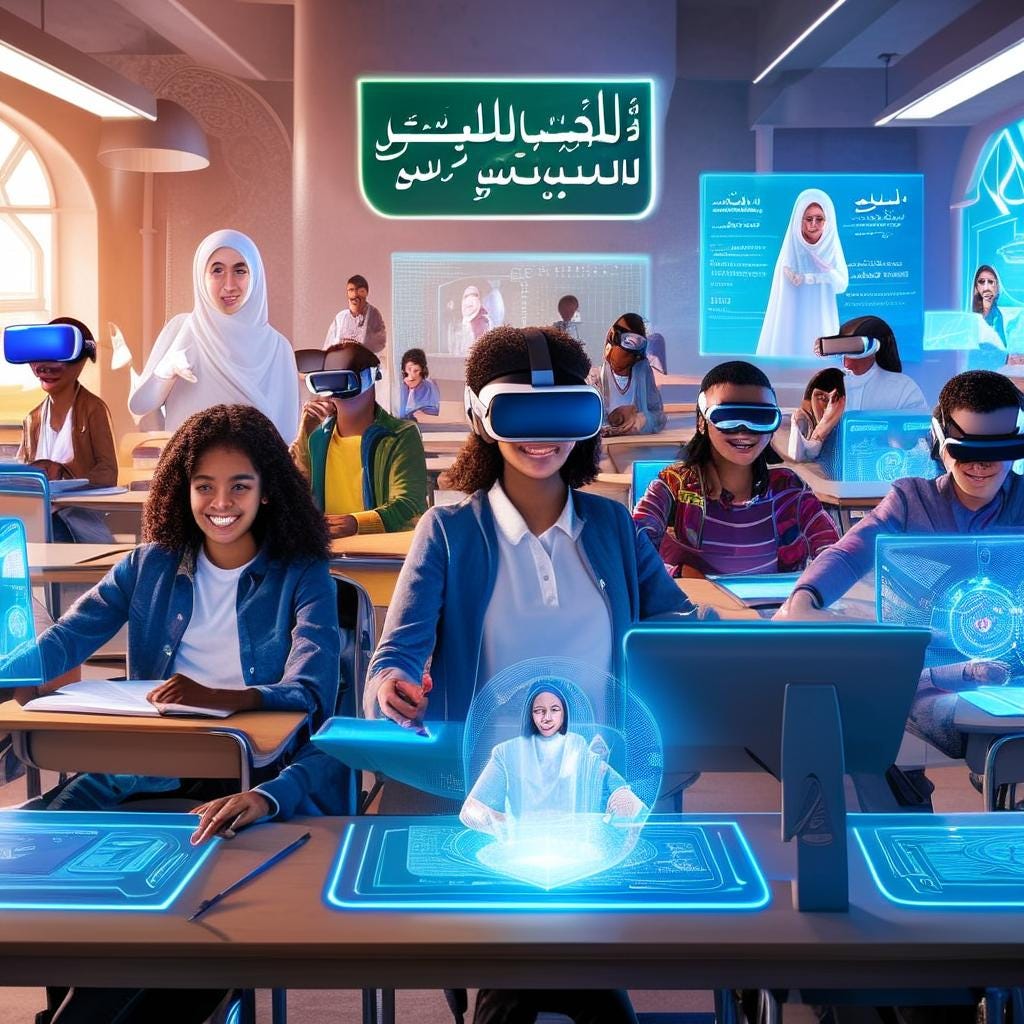The Future of Learning in Tunisia: Trends, Challenges, and Opportunities
Harnessing AI, Digital Transformation, and Hybrid Models to Bridge Tunisia’s Skills Gap
The landscape of learning is evolving rapidly, with advancements in artificial intelligence (AI), digital transformation, and hybrid learning models reshaping how knowledge is acquired and applied. Tunisia, with its young and tech-savvy population, is poised to leverage these innovations to modernize its education system and workforce training. This article explores key trends in the future of learning, with a focus on Tunisia, backed by global insights and localized data.
1. The Shift Toward Skills-Based Learning
Globally, organizations are moving away from traditional degree-based hiring toward a skills-based approach. According to the World Economic Forum, 52% of employees will require reskilling by 2025. In Tunisia, the mismatch between university degrees and labor market needs remains a major challenge, with an unemployment rate of 15.2% as of 2024, disproportionately affecting university graduates.
To address this gap, Tunisia has seen an increase in private-sector training programs, boot camps, and partnerships with international e-learning platforms such as Coursera and Udemy. Government initiatives like the "Startup Act" and investments in vocational training centers signal a shift toward competency-based education.
2. AI and Hyper-Personalized Learning
AI-driven learning systems are transforming education by offering adaptive learning experiences tailored to individual needs. The global AI-powered learning market is projected to exceed $2 billion by 2026, driven by the demand for personalized education. In Tunisia, AI is being integrated into digital learning platforms like GoMyCode, which provides customized coding and tech training programs.
AI-powered learning analytics also enable institutions to track student progress in real-time, reducing dropout rates and improving engagement. This is particularly crucial in Tunisia, where nearly 100,000 students drop out of school each year.
3. The Rise of Hybrid Learning and Digital Transformation
With the acceleration of digital transformation post-COVID-19, hybrid learning models—combining online and in-person education—are becoming the norm. In Tunisia, universities and training institutions are adopting Learning Management Systems (LMS) to enhance student engagement. Initiatives such as the "Digital School Tunisia" project aim to bridge the digital divide by providing access to e-learning resources for underserved communities.
However, challenges remain. A 2023 study by the Tunisian Institute for Strategic Studies (ITES) found that 35% of students in rural areas lack reliable internet access, limiting their ability to benefit from digital education.
4. Immersive Learning: The Role of AR and VR
Virtual Reality (VR) and Augmented Reality (AR) are revolutionizing skill-based training by providing hands-on learning experiences. Global data suggests that VR-based training can improve retention rates by 75% compared to traditional methods.
In Tunisia, the use of VR in medical training at institutions like the University of Tunis El Manar demonstrates the potential of immersive learning in higher education. Expanding these technologies to sectors like tourism, engineering, and vocational training could significantly enhance workforce readiness.
5. Workforce Development and the Future of Employment
As Tunisia navigates its economic transformation, upskilling and reskilling programs are crucial to preparing workers for the jobs of the future. AI-driven workforce planning tools help employers identify skill gaps and design targeted training programs.
The government, in partnership with the private sector, is pushing for more investments in continuous learning programs. Companies like Telnet and Vermeg are leading the way in integrating AI-driven training for their employees, ensuring that Tunisia remains competitive in the digital economy.
Conclusion
The future of learning in Tunisia hinges on embracing AI, digital transformation, and hybrid models to close the skills gap and enhance employability. While challenges such as digital inequality and infrastructure limitations persist, targeted investments in e-learning, immersive technologies, and workforce training can position Tunisia as a regional leader in education innovation.
By aligning education strategies with market needs, Tunisia can create a more dynamic and future-ready workforce, ensuring sustainable economic growth and global competitiveness.




